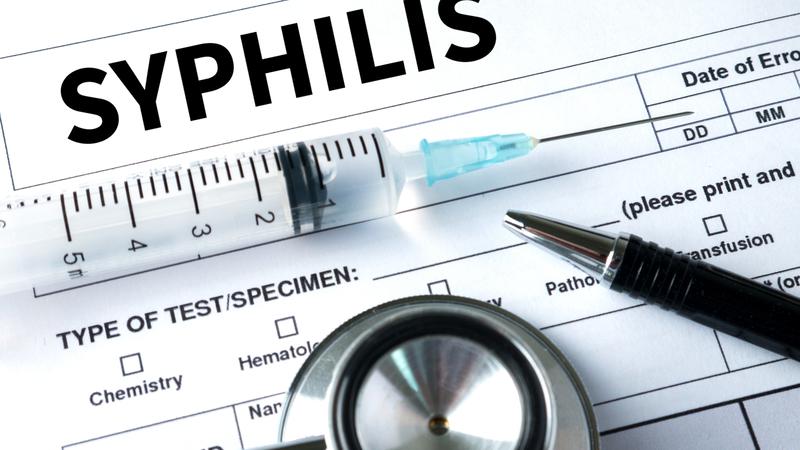
Syphilis rates doubling every year in Sask.
Syphilis is growing in Saskatchewan with cases doubling every year.
In 2021, 1,940 cases of the sexually transmitted infection were reported, excluding the population living on reserves. Of those, 248 were in Prince Albert and area.
Dr. Mandiangu Nsungu, the chief medical officer of health for Northwest Saskatchewan, said the numbers are very concerning.
“The numbers have been doubling every year and if you look at a map of Saskatchewan, the most affected areas are in the north,” he said.




